As global temperatures climb, a lack of refrigeration makes a big impact on people trying to make a living from farming. Especially dairy farms.
There are more than 75 million smallholder dairy farmers in India. Most are in off-grid areas without refrigeration, or reliant on expensive and polluting diesel generators. This locks people out of national supply chains, and farmers have to spend hours transporting milk to markets, or sell at a lower price to middlemen. In Maharashtra, western India, a network of community dairies has been set up, using sustainable refrigeration technology, where people can bring their milk to be tested, chilled, and sold on.
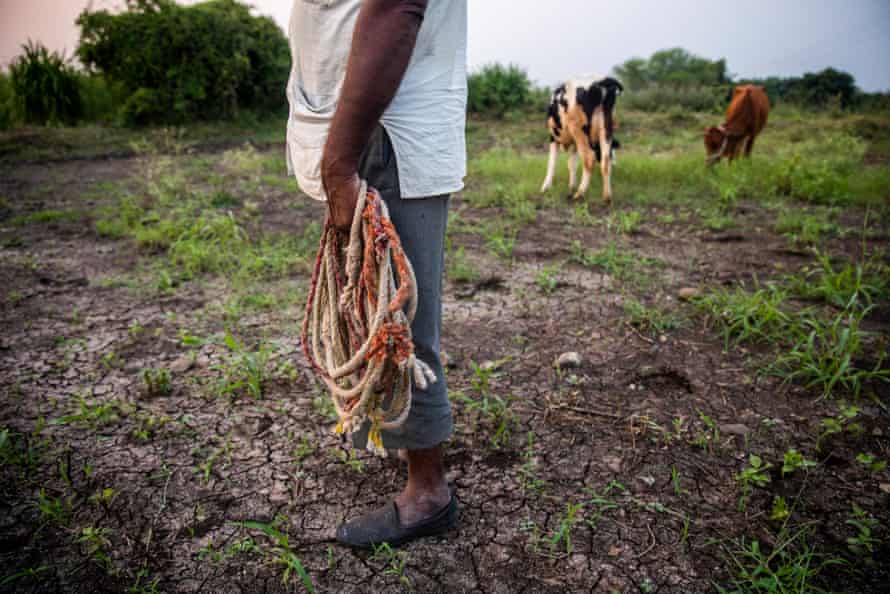
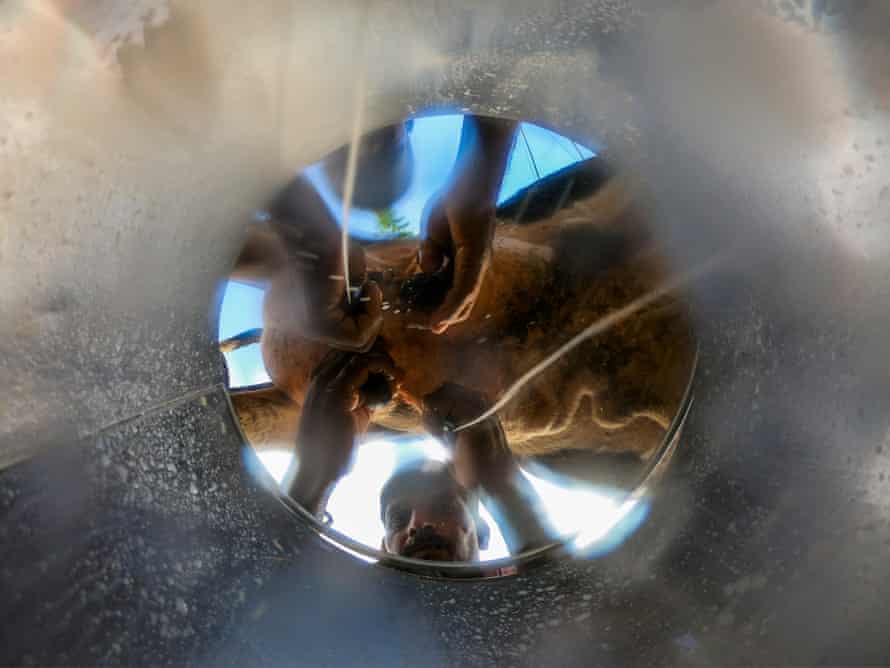
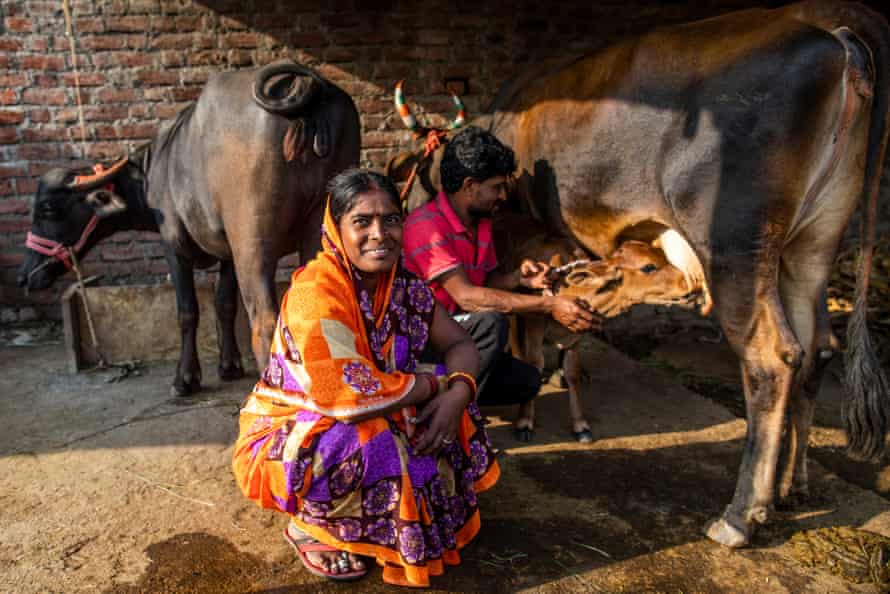
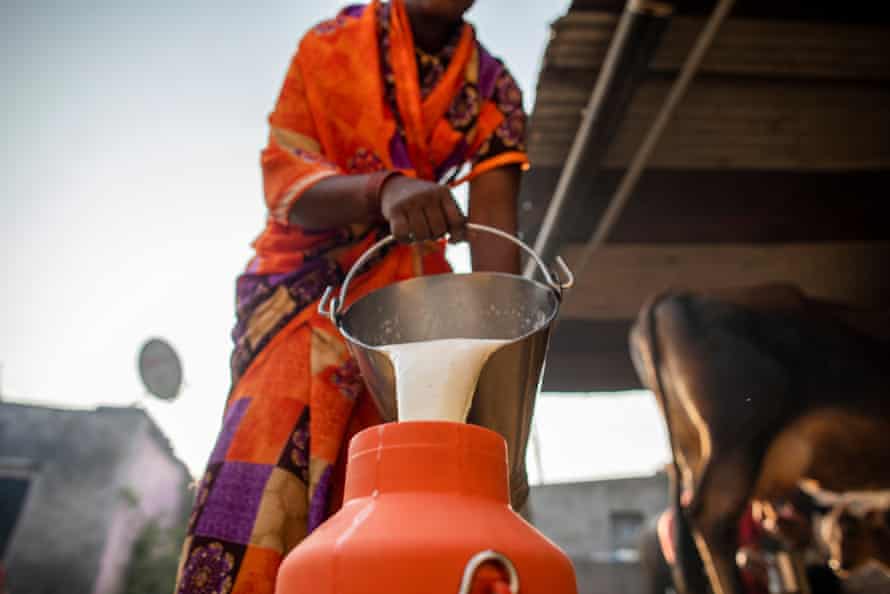
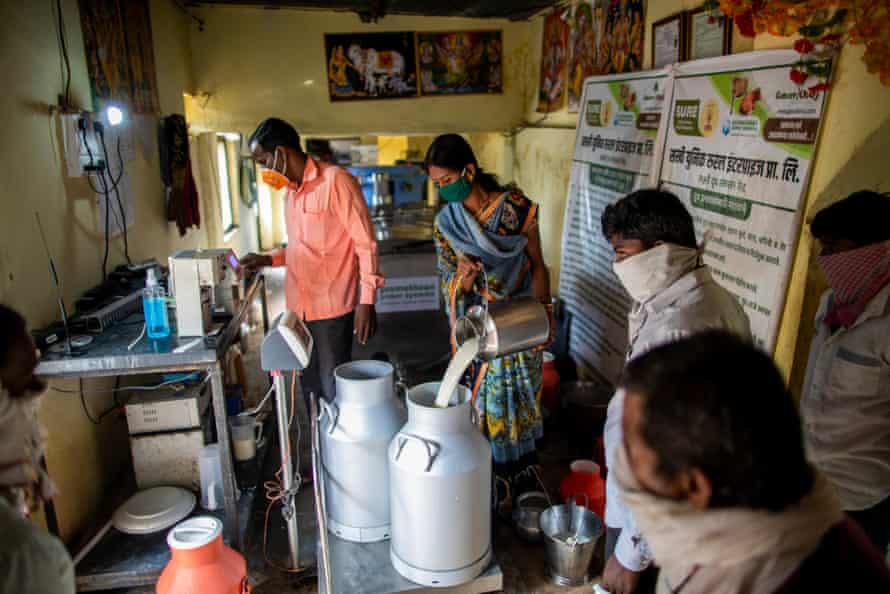
Photographer Prashanth Vishwanathan visited Latur district to see the impact of the centres. “There are huge numbers of farmer suicides in Maharashtra at the moment, because crops are difficult. People are in debt, there is a lot of money to repay. These are marginal farmers. This business opportunity is a lifeline for these communities,” he says.
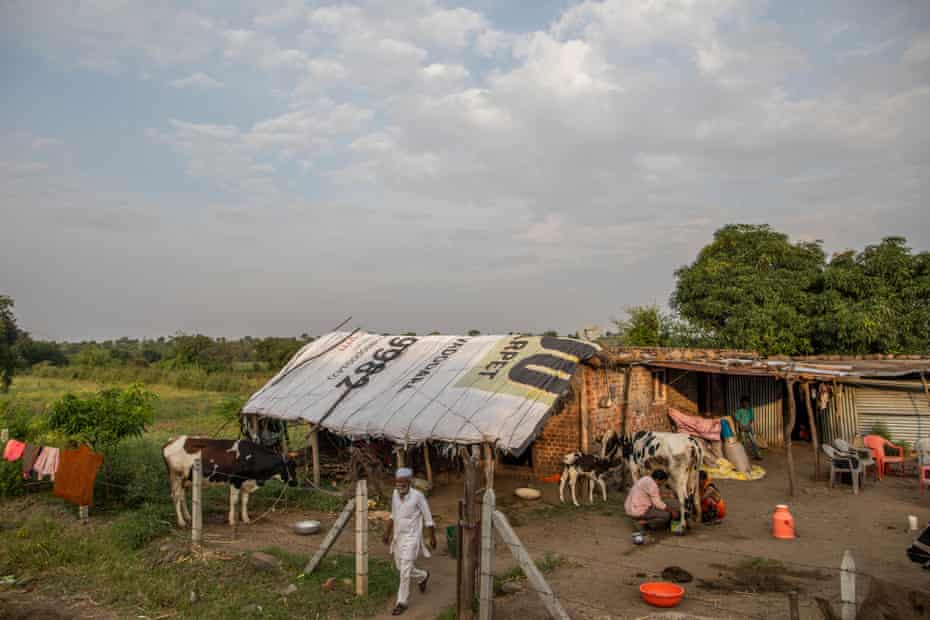
The chilling service in Latur is organised by social enterprise Promethean Power Systems, in partnership with local NGO Swayam Shikshan Prayog (SSP). Promethean’s chillers use batteries incorporating sustainable thermal energy storage technology, making diesel generators redundant.
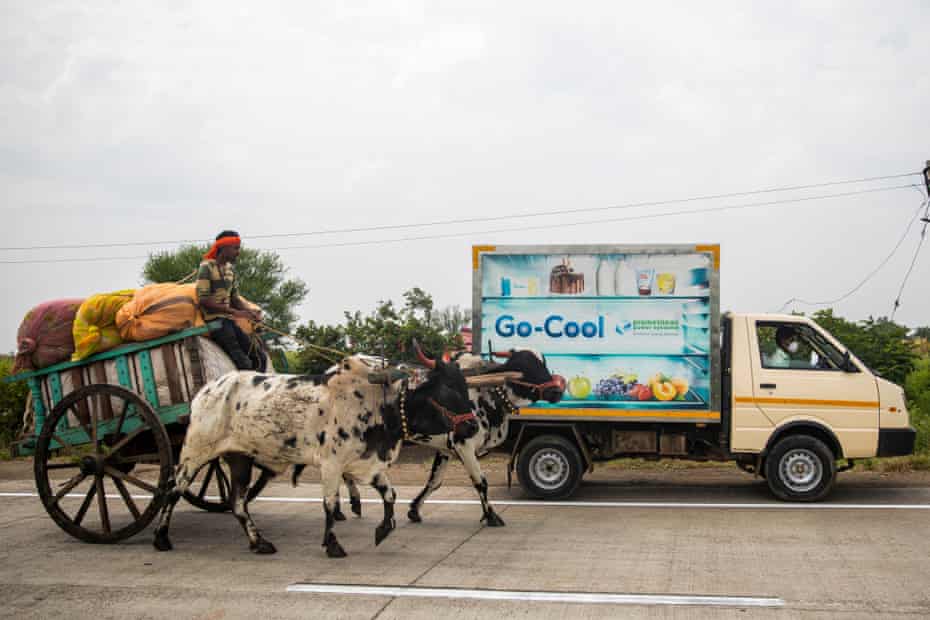
Around the world, low-income communities are most at risk from the climate crisis: higher temperatures threaten their crops and produce, as well as their health. Conventional cooling and chilling is unaffordable for many, and, ironically, the emissions it creates further worsen the crisis. Sustainable cooling for all is fundamental to climate justice.
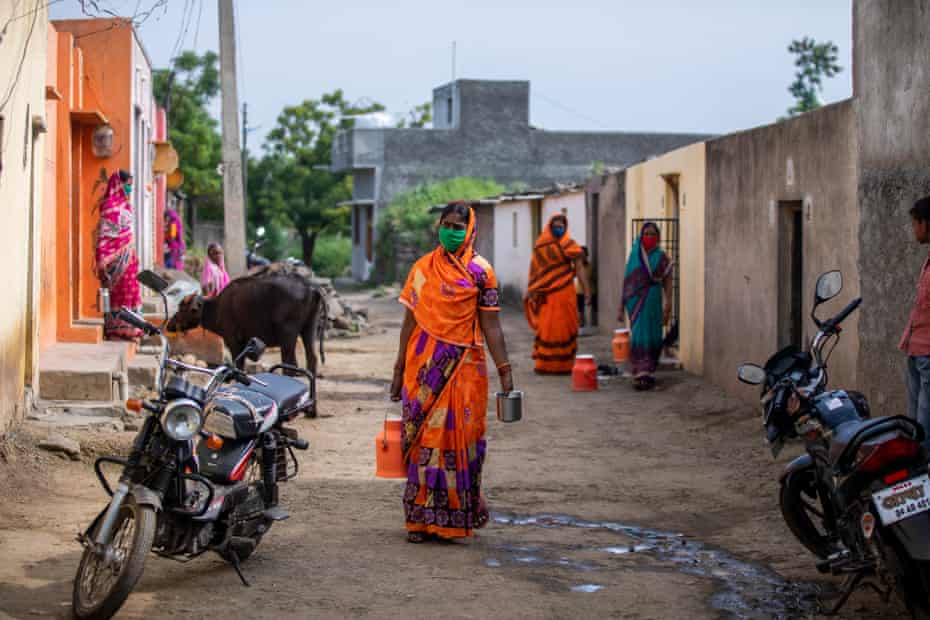
The scale of food wastage in low-income countries is high – 40% of what is produced – with lack of cold chain storage a huge factor. It’s estimated that a billion people do not have access to any type of cooling. For rural farmers that is a big obstacle to selling food in soaring temperatures.
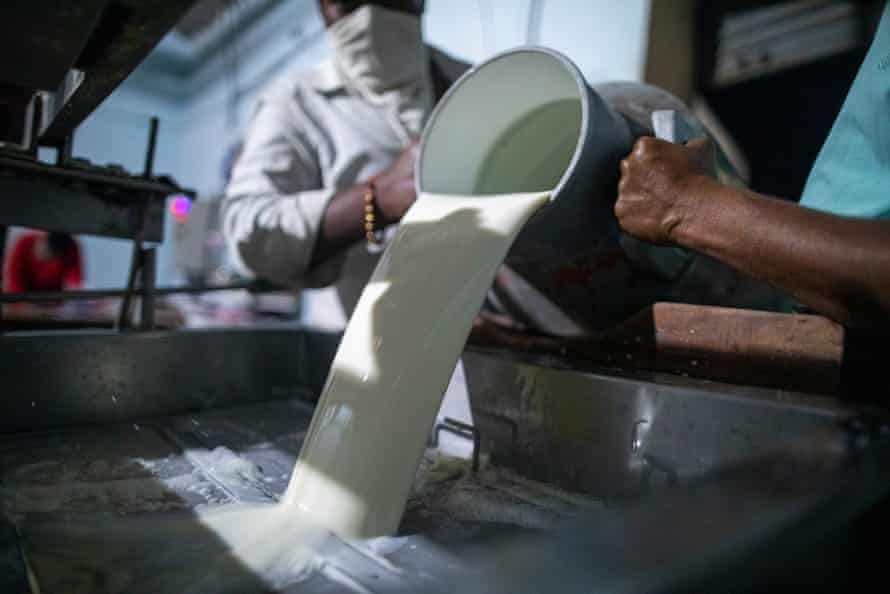
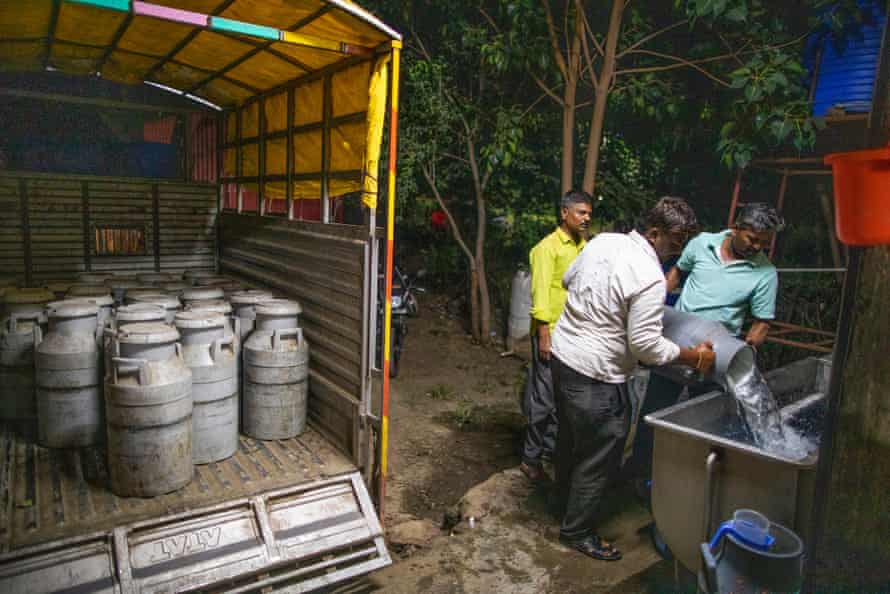
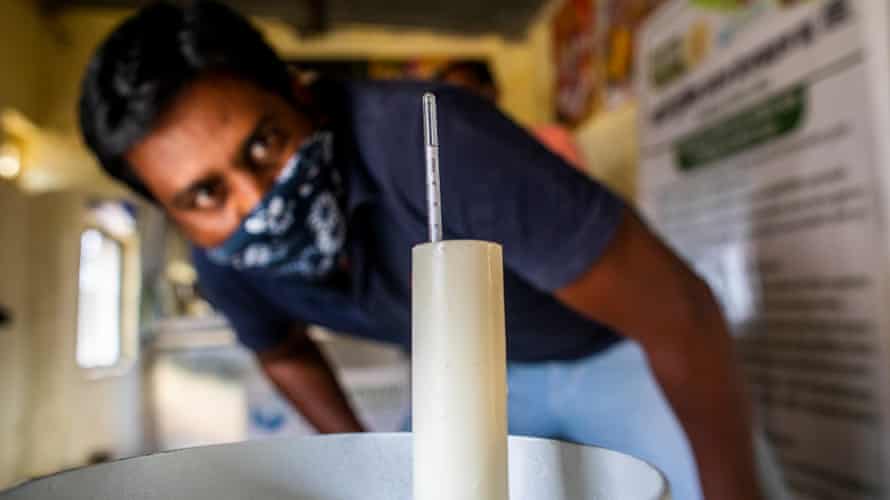
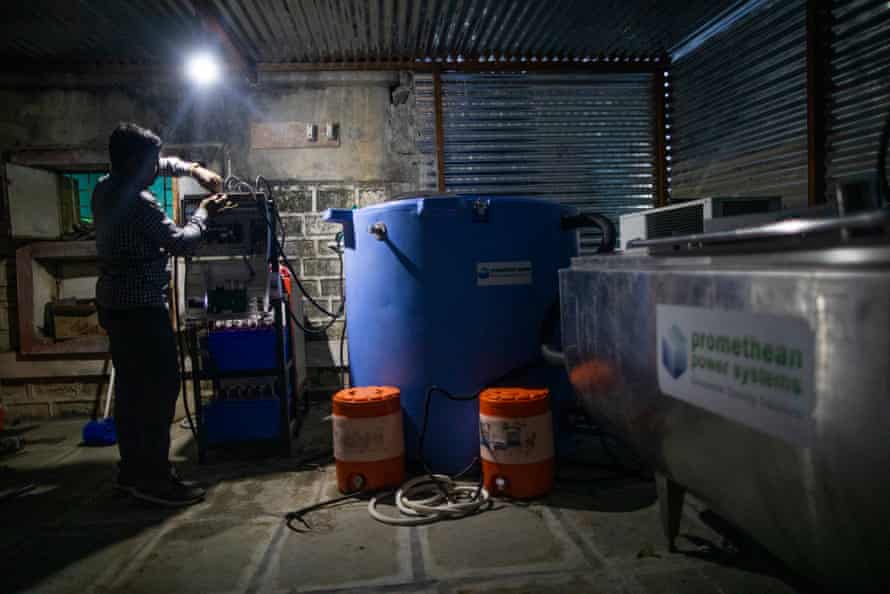
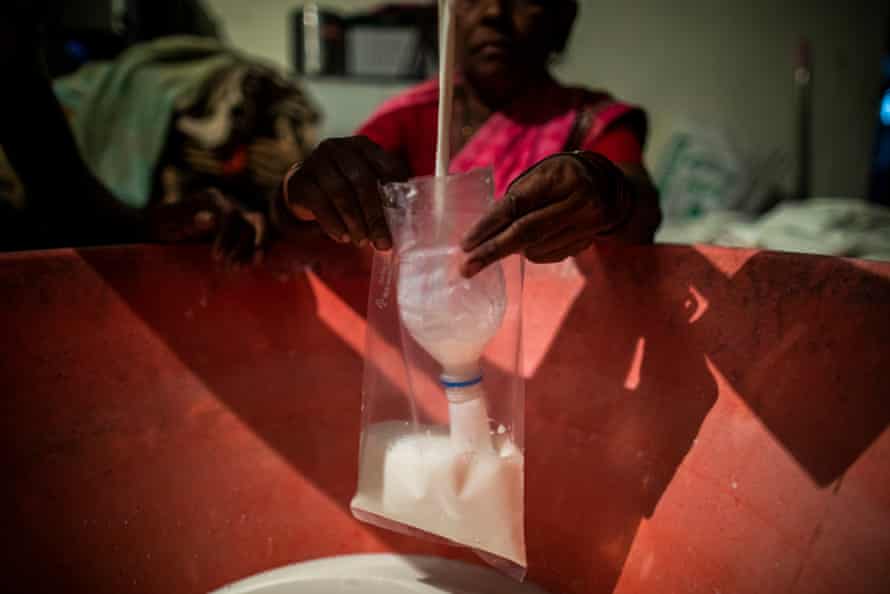
Vishwanathan has worked in Latur before, witnessing the environmental threats faced by these communities – threats which will be made worse by the climate crisis.
He says: “I photographed drought in the area 10 years ago. People are more educated now, with more access to information. But an economic gap remains.”
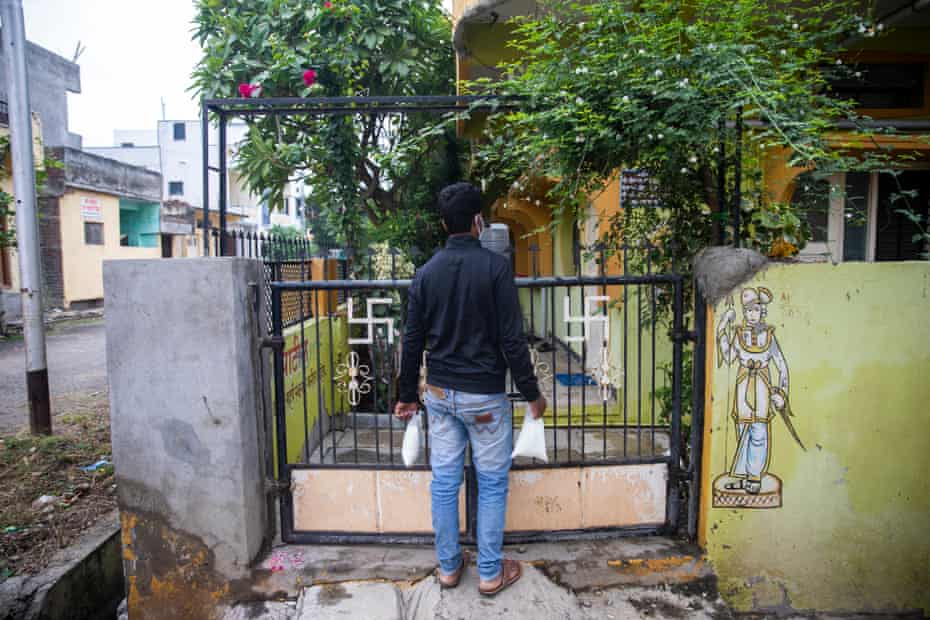
Average Rating